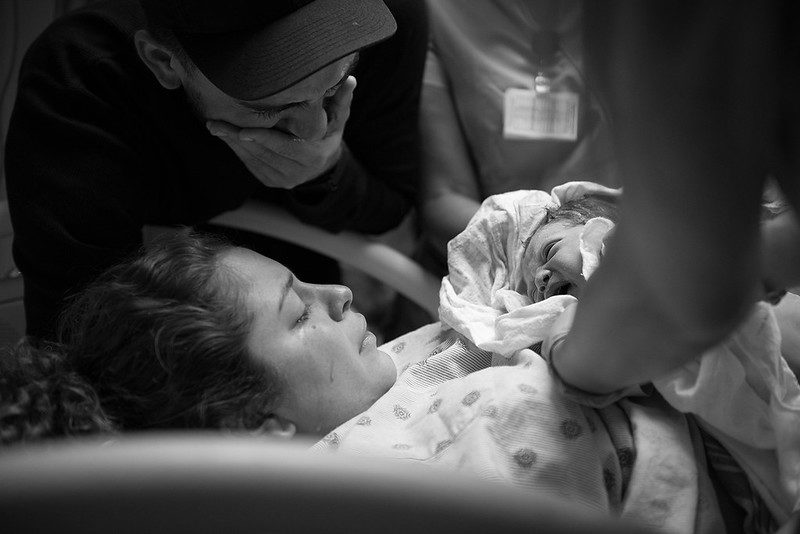Shabana Mahmood MP Labour Member of Parliament for Birmingham Ladywood

Shabana has written to the Home Secretary to support calls for the Government to record ethnicity and faith as part of the routine death and birth registration collection.
The pronounced impact of Covid-19 on BAME communities was laid bare in the Public Health England review released in June. It also served to highlight the total lack of routine data collection and analysis of ethnicity and faith data in death certification.
Lack of routine data collection and analysis on ethnicity and faith means there is a structural barrier to understanding inequalities in health outcomes.
In her letter, Shabana urges the Government to expedite action to introduce ethnic and faith data collection with birth and death registrations as soon as possible, and to provide clarity on how this data could mitigate future risks of disparities in Covid-19 outcomes.
You can read her letter in full below.
Letter to the Home Secretary
Dear Home Secretary,
I am writing to you as the Minister responsible for registration of death and births, to support calls for the Government to update the legislative framework to include the collection of ethnicity and faith as part of the routine death and birth registration collection.
The Covid-19 pandemic has posed major public health and economic challenges for everyone across our country. The pronounced impact of the virus on BAME communities was laid bare in the Public Health England review released in June. It also served to highlight the total lack of routine data collection and analysis of ethnicity and faith data in death certification.
Many months into the Government’s response to the virus, and as major sectors and industries reopen across the country, we remain without a clear understanding of the dynamics of race, faith and Covid-19 risk. It remains to be seen whether the PHE review has led to specific Government interventions to protect minority race and faith communities.
Deaths from Covid-19 are not the only inequality which better demographic data collection in death certification could address. I understand that national and international research has demonstrated significant inequalities in chronic diseases and risk factors associated with premature mortality for many ethnic groups. However, lack of routine data collection and analysis means there is a structural barrier to understanding these inequalities.
Similarly, inequalities at the start of life, including rates of infant mortality and maternal complications cannot always be captured by country of birth of the mother.
There is already a legal precedent for data collection of ethnicity in death registration. The Scottish Government has had legislation in place since 2012 that mandates the capture of ethnicity in a way that is compatible with data protection legislation.
Representing a constituency where two thirds of people come from an ethnic minority background, and over a quarter are of black or mixed heritage, I am particularly concerned with ensuring these structural barriers to understanding and eliminating early deaths and infant mortality are removed. In light of the continued Black Lives Matter movement, the time is right for the Government to support changes that would enhance transparency and build trust with minority communities.
I join other politicians in urging the Government to expedite action to introduce ethnic and faith data collection with birth and death registrations as soon as possible, and to provide clarity on how this data could mitigate future risks of disparities in Covid-19 outcomes. Only with a clear understanding of these inequalities can we strengthen our response in the future.
Yours sincerely,
Shabana Mahmood MP
Birmingham Ladywood
